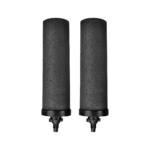
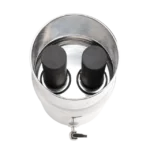
WASSER Black Water Filters
$149.00 – $596.00Price range: $149.00 through $596.00
- NSF/ANSI/CAN 372 certified by WQA
- Verified Third Party Filtration Performance
- 12,000 gallons capacity
- Compatible with popular gravity-fed filters
- Uncompromising quality, direct to you
![]() Free Shipping & Tax Included
Free Shipping & Tax Included![]() Hassle-Free 30 Days Return
Hassle-Free 30 Days Return
WASSER black filters are designed to work seamlessly with popular water filtration systems, offering years of dependable performance with a lifespan of up to 6,000 gallons per filter (12,000 gallons per pair). Featuring Stem Saver technology, these filters are reinforced for enhanced durability, making them resilient during handling and cleaning.
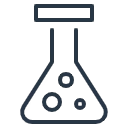
3rd Party Lab Verified Performance
Rest easy knowing your water is pure and clean.

Trusted for 20+ Years
Trusted experience and expertise you can count on, every time.

Filters Up to 12,000 Gallons
Say goodbye to the endless chore of replacing filters.

Dedicated Customer Support
Empower yourself with the knowledge to make smart, informed choices about your water.

Certified for Your Family’s Health
Rigorously tested to comply with NSF/ANSI/CAN standards, ensuring the utmost reliability and trust in water filtration.
Lead-Free Guarantee (NSF/ANSI/CAN 372)
Ensures certified lead-free materials, providing you with safe, worry-free water.
Verified Performance
Certified by the Water Quality Association (WQA) to meet rigorous safety and quality standards, ensuring reliable and trusted results.
Advanced Filtration for a Healthier Home
Our advanced filtration technology goes beyond filtering water—it revitalizes it. By eliminating up to 99.97% of harmful contaminants, WASSER filters deliver water that’s as pure and refreshing as nature intended. Discover the specific contaminants our filters remove and how each reduction contributes to your health and well-being.
Heavy Metals Contaminant Removal Up to 99.4%
Heavy metals can seep into your water through corroded pipes, industrial waste, and natural deposits. Often undetected, they present serious long-term health risks.
Health Risks:
Heavy metal toxicity can lead to neurological disorders, developmental delays in children, and harm to vital organs. Eliminating these metals is essential for safeguarding your health.
Common Contaminants:
Lead: Linked to neurodevelopmental issues.
Mercury: Causes brain and kidney damage.
Cadmium: Leads to kidney damage.
Chromium: Can cause skin irritation and ulcers.
Uranium: Associated with kidney toxicity.

The water tastes fantastic and is far healthier than tap water.
— Emily Carter, Springfield, IL
Disinfection Byproduct Removal Up to 99.7%
While disinfection is crucial for eliminating harmful microbes in water, it can produce byproducts that may pose health risks, often found in treated municipal water supplies. These byproducts form when chlorine or other disinfectants react with natural organic matter.
Health Risks:
Disinfection byproducts can increase the risk of cancer and reproductive problems. Removing them ensures safer, higher-quality drinking water.
Common Contaminants:
Trihalomethanes (THMs): Linked to cancer risk.
Haloacetonitriles (HANs): Associated with genotoxic effects.
Chloramine: Can cause respiratory issues.
Bromodichloromethane: May lead to liver and kidney damage.
Chloroform: Affects the central nervous system.

The best part is that our water now tastes absolutely perfect—just as water should.
— Sarah Johnson, Austin, TX
Industrial Toxins Removal Up to 99.6%
Industrial toxins can seep into your water via runoff from manufacturing plants, plastic breakdown, and other industrial activities. These contaminants are widespread in urban and industrial regions.
Health Risks:
Exposure to industrial toxins can lead to cancers, hormonal imbalances, and organ damage. Ensuring your water is free from these toxins is vital for protecting your long-term health.
Common Contaminants:
Benzene: Linked to anemia and leukemia.
Bisphenol A (BPA): A known hormone disruptor.
Chlorine: Can cause digestive issues.
Trichloroethylene (TCE): Associated with liver and kidney damage.
Polyfluoroalkyl substances (PFAS): Impacts the immune system.

I’m thrilled that you’re conducting ongoing testing on your filters and sharing the results transparently with consumers—it builds trust and confidence in your product!
— Rachel Bennett, Portland, OR
Pesticides, Herbicides, Insecticide Removal Up to 99.9%
These chemicals are commonly used in agriculture and pest control but can seep into water sources, posing serious risks to human health.
Health Risks:
Exposure to pesticides, herbicides, and insecticides can increase cancer risk, disrupt endocrine function, and lead to other health issues. Removing these chemicals is essential for ensuring safe, high-quality drinking water.
Common Contaminants:
DEET: Linked to neurotoxic effects.
Glyphosate: Associated with cancer risk.
Heptachlor: Can cause liver damage.
Lindane: Affects the nervous system.
Methoxychlor: Impacts reproductive health.

The water at our home used to have an odd taste, but ever since we got our filters, it’s been amazing! My three-year-old daughter now constantly asks for water—it’s truly been a game-changer for us!
— Jessica Harper, Boulder, CO
Volatile Organic Compounds (VOCs) Removal Up to 99.9%
Volatile Organic Compounds (VOCs) are chemicals emitted from household products like paints, cleaning supplies, and solvents. They can easily contaminate water sources and pose significant health risks.
Health Risks:
Exposure to VOCs can lead to headaches, nausea, and long-term damage to the liver and kidneys. Some VOCs are known carcinogens, making their removal critical for safe drinking water.
Common Contaminants:
Chloroform: Affects the central nervous system.
Carbon tetrachloride: Linked to liver damage.
Toluene: Can cause nervous system damage.
Xylenes: Associated with respiratory issues.
Ethylbenzene: May lead to kidney and liver damage.

The filters have performed exactly as promised, delivering excellent, high-quality drinking water.
— Marcus Taylor, Bloomington, IN
Pharmaceutical Contaminant Removal Up to 99.5%
Pharmaceutical residues, including medications and personal care products, can enter water sources through human and animal excretion, improper medication disposal, and runoff from pharmaceutical manufacturing.
Health Risks:
Long-term exposure to pharmaceutical contaminants can contribute to antibiotic resistance and other health issues. Removing these substances is essential for maintaining pure, high-quality water.
Common Contaminants:
Estrone: Linked to hormonal disruptions.
Ibuprofen: Can cause digestive problems.
Naproxen: Associated with digestive and kidney issues.
Phenytoin: Affects the nervous system.
Meprobamate: Known for its sedative effects.
Specifications
System Capacity
Up to 12,000 gallons per pair, depending on the quality of the incoming water.
Dimensions
2.75” x 2.75” x 9.75”
Composition
The filters are made from a specialized blend of activated carbon. WASSER filters also include silver, an antimicrobial agent, to prevent microorganisms from degrading the filter material. Note: This filter is not designed to remove microorganisms.
Compatibility
Compatible with most gravity-fed water filtration systems and fluoride filters.
Warranty Coverage
WASSER filters come with a 1-year quality warranty for added assurance.
Maintenance
Clean the WASSER filters every 3-6 months by gently scrubbing the surface with an abrasive scouring pad for several minutes. Avoid using soap or detergents. After cleaning, re-prime the filters, reinstall them, and perform the red dye test to confirm proper installation.
Replacement Filters
WASSER filter / Model BX·FND9·2
Box Includes
- Two WASSER filters
- Blue Priming Tool
- Red Dye Test Solution
- Tan Priming Tool
- Product Insert
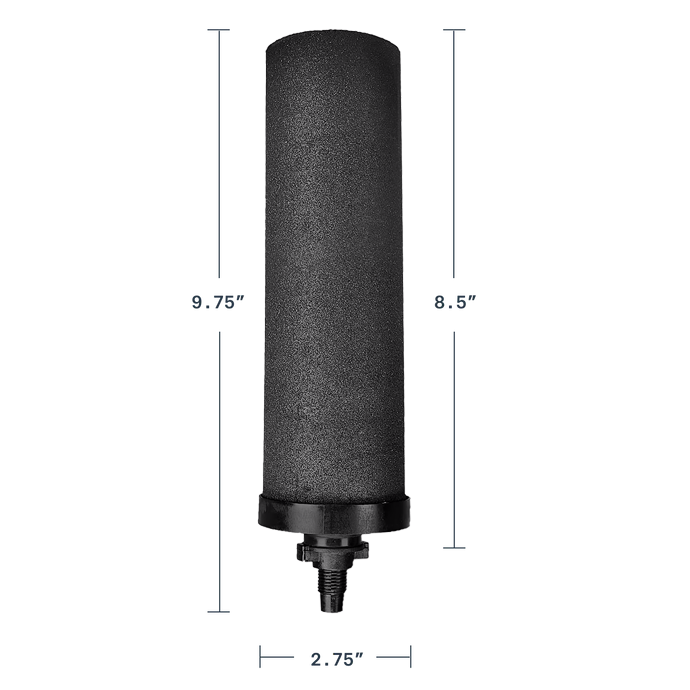
Frequently Asked Questions
The WASSER filters are certified for NSF/ANSI/CAN 372 Lead-Free compliance in any system. Additional certifications are currently in progress, with all testing conducted by the Water Quality Association (WQA) to ensure the highest standards of quality and safety.
WASSER filters operate by absorbing and trapping contaminant molecules. The carbon attracts and holds molecules with specific chemical charges, much like a magnet attracts metal. The carbon block's microscopic pores are so fine that they physically block and trap even the smallest particles, functioning similarly to a sieve or strainer.
Filter lifespan varies based on source water quality and contamination levels. Replacement timing depends on several factors. For chlorine filtration, each pair of filters lasts up to 12,000 gallons. Refer to guidelines for recommendations on other contaminants.
A uniquely formulated blend of activated carbon for superior filtration performance.

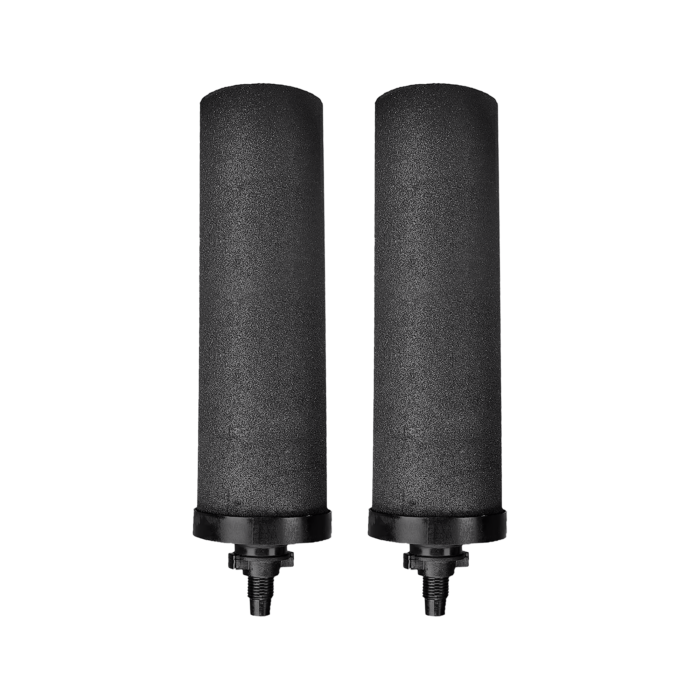
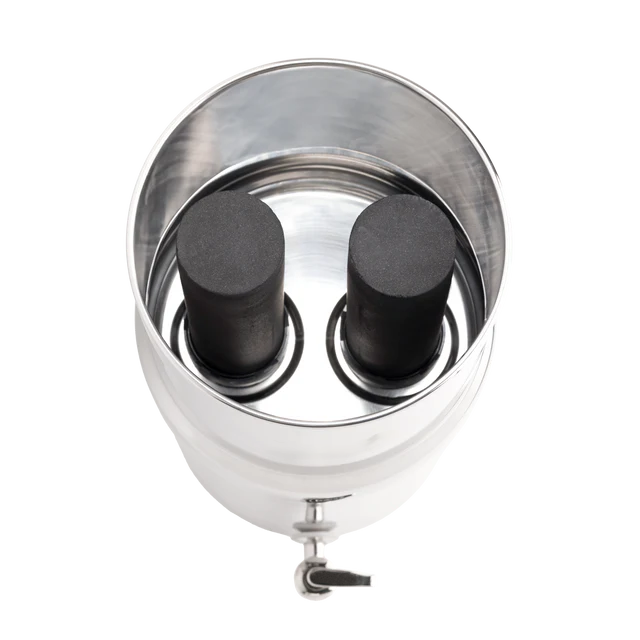
Reviews
There are no reviews yet. Be the first one to write one.